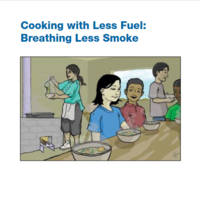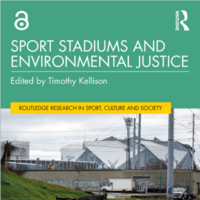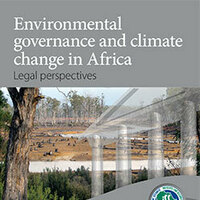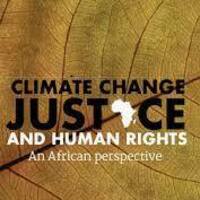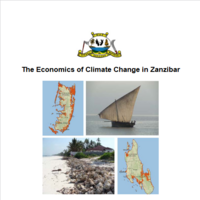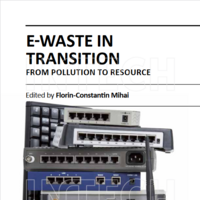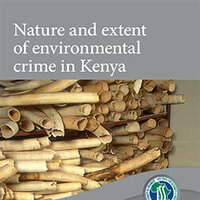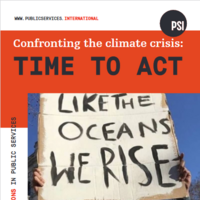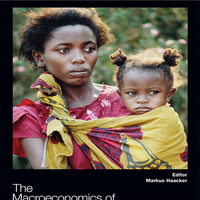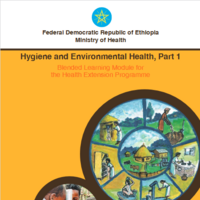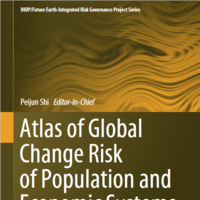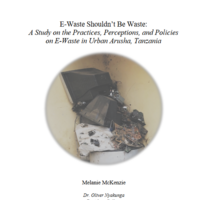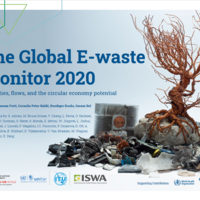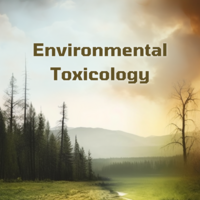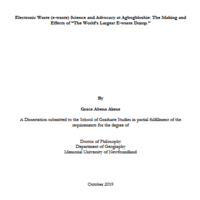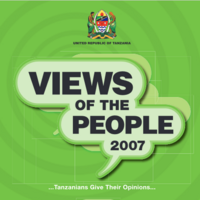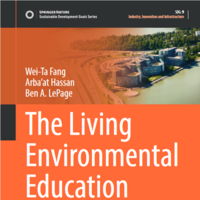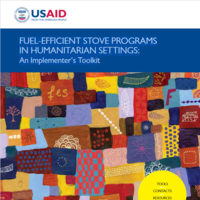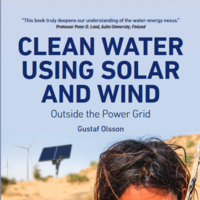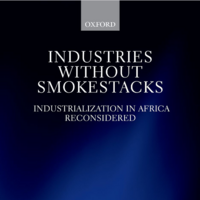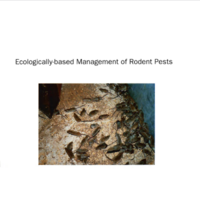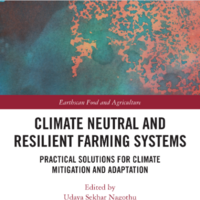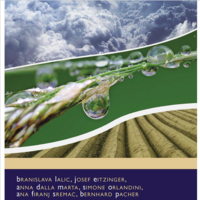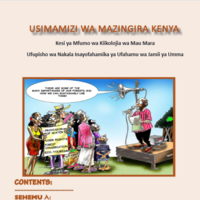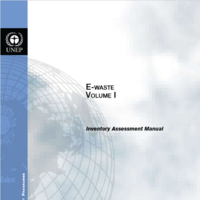Search
Books+
Searching 1,730 books
Search related to the career Environmental Scientist
Impacts of Air Pollution:
1. Health Effects: Air pollution can have severe health impacts on humans, including respiratory problems, such as asthma and lung cancer. It can also lead to cardiovascular diseases, allergies, and other chronic illnesses.
2. Environmental Damage: Air pollution can harm ecosystems and wildlife. It contributes to acid rain, which damages forests, lakes, and rivers. It also contaminates soil and water, affecting plant growth and aquatic life.
3. Climate Change: Air pollution is a significant contributor to climate change. Greenhouse gases, such as carbon dioxide, trap heat in the atmosphere, leading to global warming and climate disruptions, including rising temperatures, melting ice caps, and extreme weather events.
4. Reduced Air Quality: Air pollution reduces the overall air quality, making it difficult to breathe and causing respiratory distress. It can lead to smog formation, reducing visibility and creating hazardous conditions for transportation and outdoor activities.
5. Economic Impacts: Air pollution has economic consequences, including increased healthcare costs due to the treatment of pollution-related illnesses. It can also harm industries such as agriculture and tourism, as polluted air affects crop yields and discourages visitors.
6. Impaired Water and Soil Quality: Air pollutants can deposit onto water bodies and soil, contaminating them with harmful substances. This pollution can disrupt ecosystems, harm aquatic life, and reduce soil fertility, impacting agriculture and food production.
7. Damage to Buildings and Infrastructure: Air pollution can corrode buildings, monuments, and infrastructure. Acidic pollutants in the air can erode structures made of stone, metal, or concrete, leading to their deterioration and costly repairs.
8. Threat to Biodiversity: Air pollution can harm biodiversity by affecting plant growth, reducing crop yields, and disrupting ecosystems. Pollutants can also directly harm animals, leading to population decline and loss of species diversity.
9. Impaired Visibility: Air pollution reduces visibility by scattering and absorbing light. This can affect scenic landscapes, tourist attractions, and overall aesthetic value, impacting the quality of life for residents and visitors.
10. Social and Psychological Impacts: Air pollution can have social and psychological impacts on individuals and communities. It can cause stress, anxiety, and discomfort, affecting mental well-being and overall quality of life.
It is important to address and mitigate air pollution to protect human health, ecosystems, and the planet as a whole.
Source: Various AI tools
